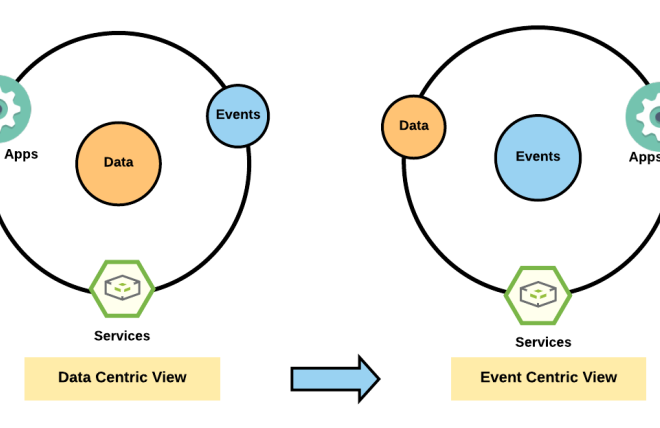
Composable commerce is an approach to building and managing e-commerce platforms and systems that emphasizes flexibility, modularity, and the ability to compose or assemble various commerce capabilities as independent services or components. It involves breaking down the traditional monolithic e-commerce stack into smaller, loosely coupled, and interchangeable components that can be combined and orchestrated to meet specific business needs.
In a composable commerce architecture, each component or service focuses on a specific commerce capability, such as product catalog management, pricing, inventory management, checkout, payment processing, or order fulfillment. These components are designed to be decoupled, independently scalable, and capable of communicating with each other through well-defined APIs (Application Programming Interfaces) or event-driven integration.
The key characteristics and principles of composable commerce include:
1. Modularity: Composable commerce promotes the decomposition of the e-commerce stack into smaller, purpose-built components that can be developed, deployed, and scaled independently. This modular approach allows organizations to select and assemble the most suitable components for their specific business requirements.
2. Flexibility and Agility: Composable commerce enables organizations to quickly adapt and respond to changing market conditions, customer expectations, and emerging technologies. By utilizing composable components, businesses can easily replace or update individual services without impacting the entire system.
3. API-First Approach: APIs play a crucial role in composable commerce, allowing components to communicate and exchange data seamlessly. APIs enable integration between various commerce capabilities and facilitate interoperability with third-party services, enabling organizations to leverage the best-of-breed solutions for each component.
4. Microservices Architecture: Composable commerce often aligns with a microservices architectural pattern, where each commerce capability is implemented as an independent microservice. Microservices provide flexibility, scalability, and autonomous development and deployment of individual services.
5. Business Agility and Innovation: Composable commerce empowers organizations to experiment, innovate, and introduce new commerce capabilities more easily. By leveraging composable components, businesses can quickly integrate new technologies, services, or features into their e-commerce ecosystem.
6. Scalability and Performance: With composable commerce, organizations can scale individual components independently to meet changing demands. This ensures optimal performance, resilience, and efficient resource utilization.
Composable commerce allows businesses to build and customize their e-commerce systems by selecting and integrating the most suitable components or services. This approach fosters agility, innovation, and the ability to adapt to evolving customer expectations and market dynamics.




